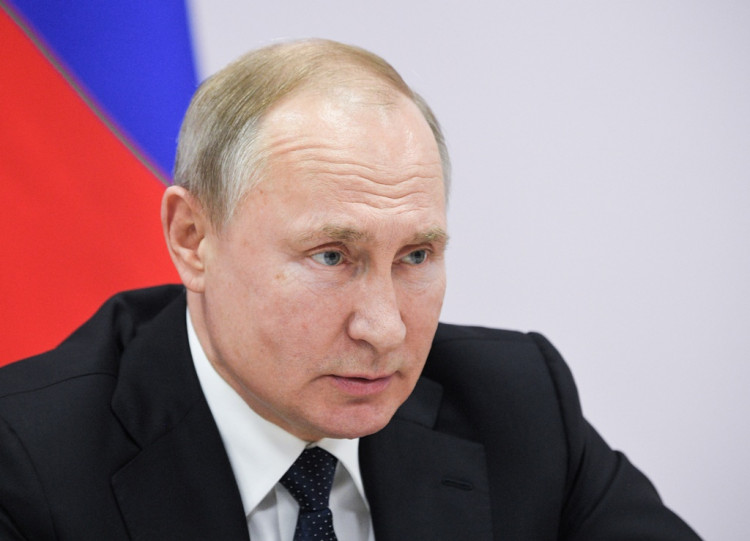In a development that has sent ripples through the international community, Vladimir Putin is reportedly exploring the possibility of negotiations to end the ongoing conflict in Ukraine, nearly two years after initiating the invasion.
According to sources cited by Daily Mail and Bloomberg, Putin has extended feelers to senior U.S. officials, inquiring about their openness to dialogue, signaling a potential shift in the Kremlin's stance on the war.
Kremlin insiders have suggested that Putin is considering significant concessions, including reevaluating Ukraine's neutral status and potentially dropping opposition to its NATO membership, a contentious issue at the heart of Russia's justification for the invasion. However, Kremlin spokesman Dmitry Peskov has categorically denied these reports, stating, "No, this is a wrong report. It absolutely does not correspond to reality."
U.S. Secretary of State Antony Blinken, while expressing a general openness to dialogue, has voiced skepticism about the immediate prospects for peace talks. "There has to be a willingness on the part of Russia to engage, to negotiate in good faith, based on the basic principles that have been challenged by its aggression - territorial integrity, sovereignty, independence," Blinken articulated, underscoring the foundational issues at stake.
The backdrop to these diplomatic maneuvers is a series of actions and statements by Putin that have heightened tensions with the West. His recent visit to Kaliningrad, a strategically significant region bordered by NATO members, and his cryptic warnings during a speech at Kant Baltic Federal University have fueled speculation about Russia's intentions.
"This is stunning ignorance and lack of understanding of where they live, what they are doing, and what will follow," Putin remarked, hinting at the potential consequences of escalating tensions with NATO.
Amidst these complex geopolitical dynamics, the notion of Putin seeking a backchannel for negotiations has drawn scrutiny. Fiona Hill, a former senior White House official specializing in Russia, analyzed these developments, suggesting that such rumors could be a strategic move by the Kremlin to appear open to dialogue, thereby shifting the narrative and potentially placing the onus on the U.S. and its allies.
The international community's response to these developments has been marked by caution and skepticism, reflective of the deep-seated issues and mistrust that underpin the Ukraine conflict. The potential for negotiations, while a glimmer of hope for peace, is fraught with challenges, including the need for assurances of Ukraine's sovereignty and territorial integrity.
As the world watches closely, the path to a resolution remains fraught with uncertainty. The stakes are high, not only for the immediate parties involved but for the broader international order, as the outcome of this conflict could redefine security dynamics in Eastern Europe and beyond. The prospect of peace talks, while still tentative, underscores the urgent need for a diplomatic solution to a war that has caused untold suffering and threatens to destabilize the region further.




